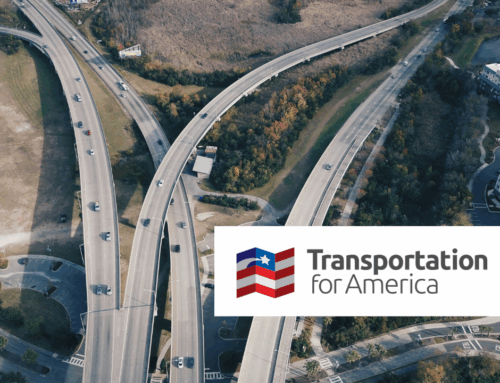Now heading to President Clinton's desk is legislation that would drench taxpayers in $7 billion of federal water projects. Called the Water Resources Development Act (WRDA), the bill is among the largest water projects bills in the history of the U.S. Congress.
The bill (H.R. 3592/S. 640) would add more waste to an already dangerous flood of spending. The Army Corps of Engineers currently has projects under construction that will cost $19.7 billion to complete. With an annual appropriation of $1 billion, the Corps already has more than enough work for the next two decades.
The bill would add hundreds of new projects and project modifications without providing any guidance or priorities, authorize projects with no cost-benefit tests and include a large number of projects that have circumvented the normal planning process. Although the bill does lower the federal cost-share for future flood control projects from 75% to 65%, the bill does not apply the formula to the scores of flood control projects in the bill. Taxpayers would be much better off with the Administration's proposed 50-50 cost share.
Several projects have local cost-shares waived such as the $119 million Yazoo Backwater Pumping Plant located along the Mississippi’s banks in Senate Majority Leader Trent Lott's (R-MS) state. The bill also instructs the Army Corps to build the $138 million Haysi dam at the Russell Fork along Big Sandy River in southwest VA. Not only is the project uneconomical, but the Corps has not completed its analysis of non-structural alternatives. Federal taxpayers will pay 95% of the cost to protect only 1,062 buildings, each costing an average of $40,000. That’s right, it's cheaper to move the buildings than build the dam! In fact, taxpayers would save nearly 70% of the cost.
There's plenty of pork for Pennsylvania too. The bill increases the spending limit of a “demonstrati.png” water project in Rep. Bud Shuster's (R-PA) district from $50 million to $80 million. To make matters worse, a provision would require the Corps to repay communities for their contributions towards the project going back six years, essentially forgoing local cost sharing requirements. A similar $25 million slush fund was created for counties surrounding Philadelphia.
For more information, contact Steve Ellis (202) 546-8500 x 126 or steve [at] taxpayer.net
Legislative Hurricane Hits Taxpayers!
In a flurry of activity, the House passed legislation on September 28 which would blow away taxpayers, forcing them to pick up the tab for federal flood insurance on risky ocean front properties in Florida. The legislation is a part of the Omnibus Parks bill which is now undergoing stormy negotiations in the Senate










